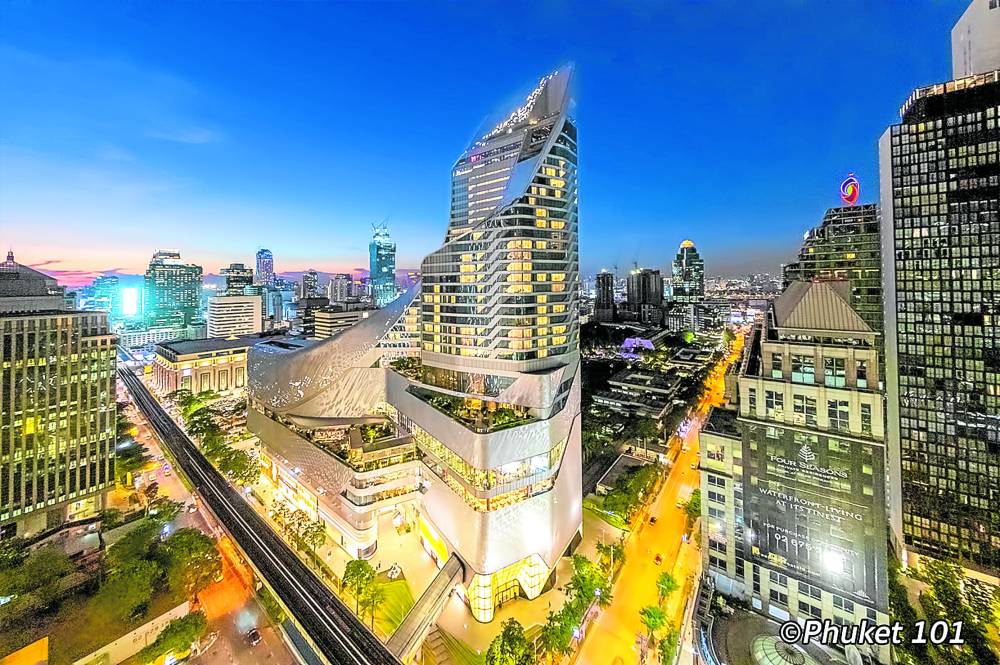The new trends of retail architecture
In the ever evolving world of architecture, the design of commercial spaces has seen a significant transformation.
This shift, driven by changing consumer behaviors, technological advancements, and a heightened awareness of environmental sustainability, has redefined the commercial architecture landscape. For retail owners, an appealing mall design is not just a luxury—it’s a necessity in today’s competitive market.
Aesthetics and functionality
The visual appeal of business space designs is critical in attracting and maintaining consumers. Modern plans frequently include elements of local culture, art, and history, resulting in a distinct character that connects with the community. A commercial environment, however, needs more than just aesthetics to be effective. Efficient space usage guarantees a seamless and delightful client experience by balancing retail allocations, leisure areas, and service facilities.
Accessibility and technological integration
Accessibility and ease of navigation include not only physical accessibility for all types of customers but also the strategic placement of stores and amenities to facilitate smooth customer flow. Integrating technology into commercial space designs is a gamechanger in the digital age.
From interactive directories to digital payment systems, technology enhances the customer experience and streamlines operations.
Sustainability and inclusivity
With growing awareness of environmental issues, sustainable commercial space designs are becoming increasingly important. These mean using eco-friendly materials, energy-efficient systems, and designs that minimize ecological impact. Moreover, inclusivity and cultural sensitivity have become integral elements of commercial space designs. The goal is to create spaces that are welcoming and accessible to all, regardless of age, gender, disability, or cultural background.
The evolution of commercial space designs
The shift from traditional, retail-focused mall designs to experiential spaces marks a significant departure in commercial space designs. Incorporating open spaces and natural ventilation offers a more relaxed and enjoyable shopping environment. Moreover, there is a growing trend towards localized and culturally sensitive architecture, which helps create a unique identity and foster a sense of community.
Innovative trends and case studies
One of the key trends in commercial space designs is the integration of mixed-use spaces. Combining retail, office, residential, and recreational spaces in a single development helps create a vibrant and dynamic community hub. From automated lighting and temperature control systems to AI-powered customer service, technology enhances the customer experience and operational efficiency.
In Asia, the Jewel Changi Airport in Singapore seamlessly integrates nature and retail, creating a unique shopping and recreational experience. The 40-m high Rain Vortex centerpiece is surrounded by a lush indoor forest and a retail complex, setting a new standard for commercial space designs. In Bangkok, the Central Embassy combines traditional Thai architecture with modern design elements, creating a unique and visually stunning retail space.
The Edge in Amsterdam, known as the “smartest building in the world,” incorporates advanced technology and sustainable design principles, setting a new benchmark for commercial space designs. The Mall of America, one of the largest shopping malls in the world, offers an experiential retail experience, with a wide range of entertainment and dining options complementing its retail offerings.
The author, Ian Fulgar, at www.ianfulgar.com, is an esteemed architect with an impressive portfolio of local and international clients, his team elevates hotels and resorts, condominiums, museums, and commercial and mixed-use township development projects. His innovative, cutting-edge design and business solutions have garnered industry recognition, making him the go-to expert for clients seeking to transform their real estate ventures
An appealing mall design is not just a luxury—it’s a necessity in today’s competitive market. The design of commercial spaces has seen a significant transformation.
###—###
#Byline2
@fulgararchitects
By Ar. John Ian Lee Fulgar
@fulgararchitects

